Zen meditation practices taught by Harada Roshi include counting the breath, following the breath and koan meditation (“thinking about a problem to exhaustion”).
The easiest of these is probably counting the breath. You find a comfortable position (not necessarily the lotus posture) and sit or lie down. You count your breaths from one to ten. If you get side tracked into thinking, planning, or worring, you bring your mind back to your breath and start over.
The second practice is simply following the breath. When you breath in, you know you are breathing in. When you breath out, you know you are breathing out. You can follow these instructions by listening to this audio recording.
The third practice is called koan kufu. This practice calms the mind by having it focus on an unsolvable problem like, “What is the sound of one hand clapping?” You occupy your mind by constantly holding your koan question. Sometimes a you understand it in a flash. Sometimes you work on it for years.
Zen Meditation Practices Taught By Harada Roshi
I therefore teach three methods: susokukan (counting the breath), zuisokukan (following the breath), and koan kufu (working with a koan). These are only temporary expedients for the sake of zazen, like a stick used to walk, and not ends in and of themselves. Susokukan is the Zen of silently counting “one, two, three . . .” until ten, and then returning to “one” again. Zuisokukan is the Zen of viewing one’s breath, becoming one with every out-breath and in-breath. And finally, koan kufu is the Zen of thinking about a problem to exhaustion, becoming one with problem consciousness, grinding down consciousness through consciousness.
The above quote appeared in the Wisdom Collection of the Tricycle Magazine website. The article was an interview about Zen meditation practices taught by Harada Roshi.
In response to the question,
If you do this, can you indeed attain liberation from fear, worries, and anxieties, and freedom from the bonds of birth, old age, sickness, and death?
Harada Roshi’s response began with
The priest Wumen once wrote, “A hundred flowers blossom in spring, the moon shines in autumn, there is a fresh breeze in summer, and there is snow in winter. If your mind isn’t occupied with trivial matters, every time is a good time.”
This touched me deeply. If we are mindful, then anytime is a good time! When we are present, we feel the breeze, notice the moon, smell the roses, and enjoy the snow.
Will You Try Zen Meditation?
I invite you to experiment with one of the zen meditation practices taught by Harada Roshi. Which one would you choose? Why?
Would you please report back to me on your progress? Would you please ask for help if you need it?
You can comment below or share your thoughts.
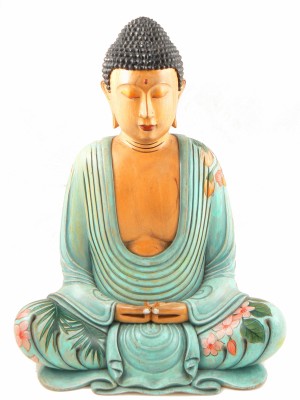


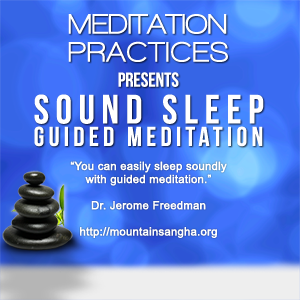

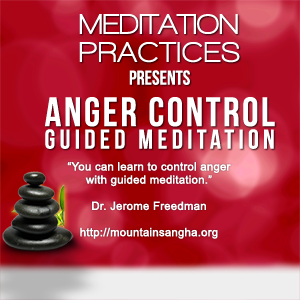

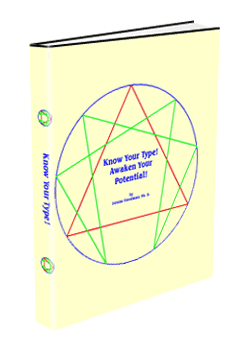
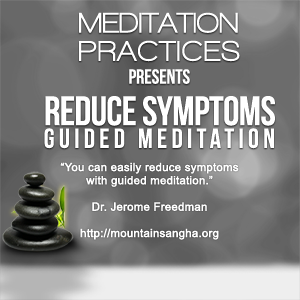

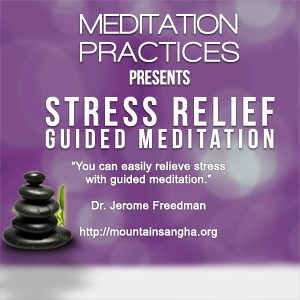

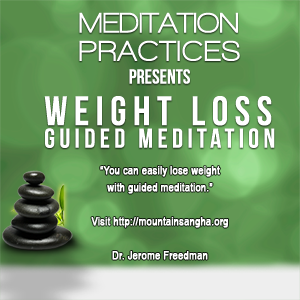

You must be logged in to post a comment.